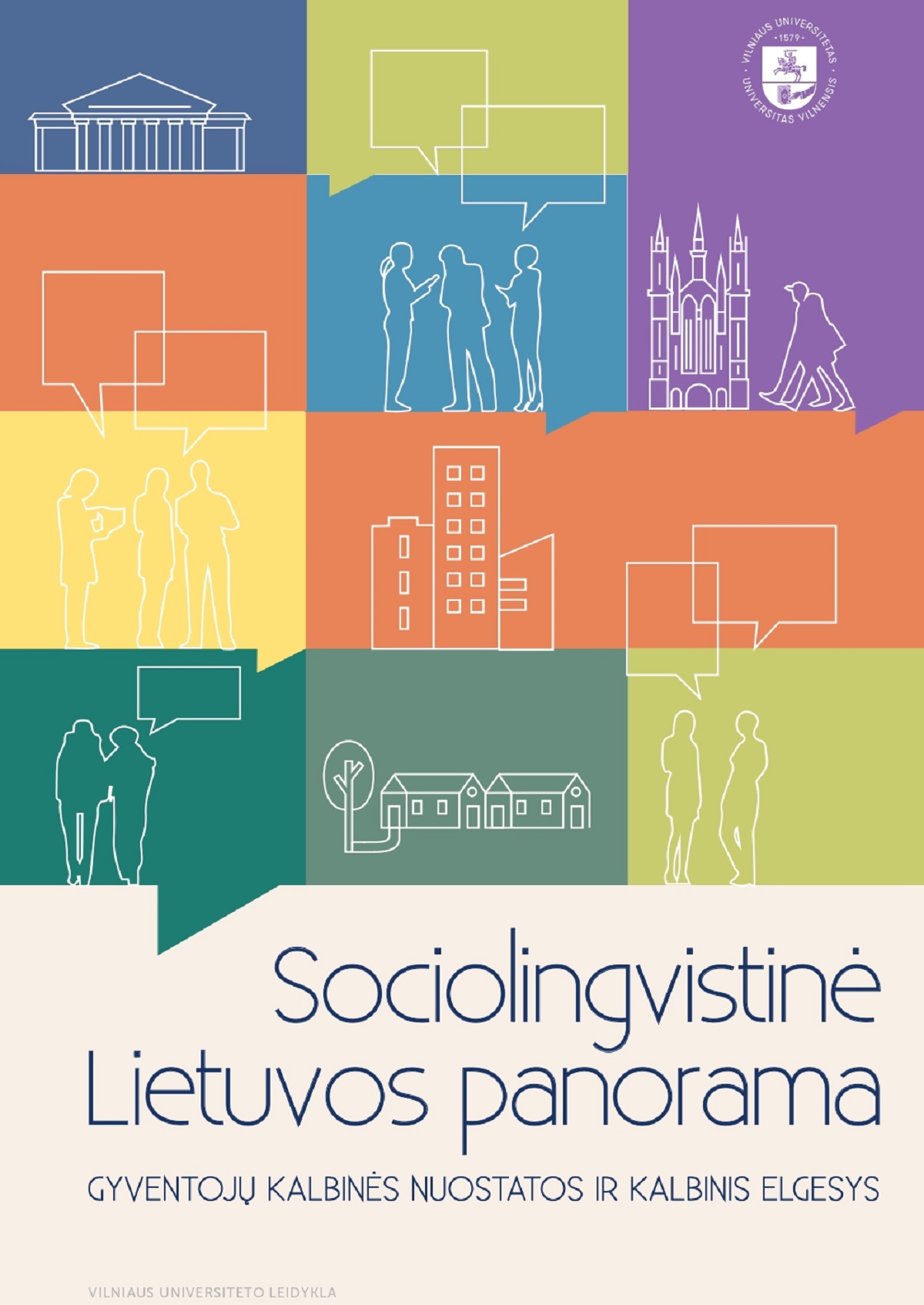In the last ten years, research on language attitudes has also intensified in Lithuania. A number of research articles and monographs that focus on language attitudes or analyse them among other issues have been published
 However, there is a lack of consistent and regular monitoring of language attitudes and linguistic behaviour in Lithuania. Coherent long-term studies, supported by a unified methodological approach, that show the development of linguistic life in Lithuania have not been available so far. As is well known, language attitudes are closely linked to changes in society and language use, as well as to language policy. It is therefore very important to study them consistently, not only for academic reasons but also to understand trends in linguistic behaviour, to predict changes in the linguistic life of a society, and to influence the formation of attitudes. Research on language attitudes can contribute to the success and efficiency of the language policy.
However, there is a lack of consistent and regular monitoring of language attitudes and linguistic behaviour in Lithuania. Coherent long-term studies, supported by a unified methodological approach, that show the development of linguistic life in Lithuania have not been available so far. As is well known, language attitudes are closely linked to changes in society and language use, as well as to language policy. It is therefore very important to study them consistently, not only for academic reasons but also to understand trends in linguistic behaviour, to predict changes in the linguistic life of a society, and to influence the formation of attitudes. Research on language attitudes can contribute to the success and efficiency of the language policy.
This book aims to fill a gap in research, to analyse the language attitudes of the Lithuanian population at the beginning of the third decade of the 21st century, and to investigate the linguistic behaviour of society related to language attitudes and prestige. The aim of the work is toguistic behaviour of society related to language attitudes and prestige. The aim of the work is toreveal the directly expressed language attitudes and their relationship with the declared linguisticbehaviour, as well as to examine possible indirect attitudes, the overt and covert prestige ofthe mother tongue, foreign languages and dialects. The main research material analysed in thebook includes the quantitative and qualitative data collected by the group of researchers fromthe Department of Lithuanian Studies during the implementation of the project “Language Attitudesand Linguistic Behaviour of the Lithuanian Population” from May 2020 to December 2021.
